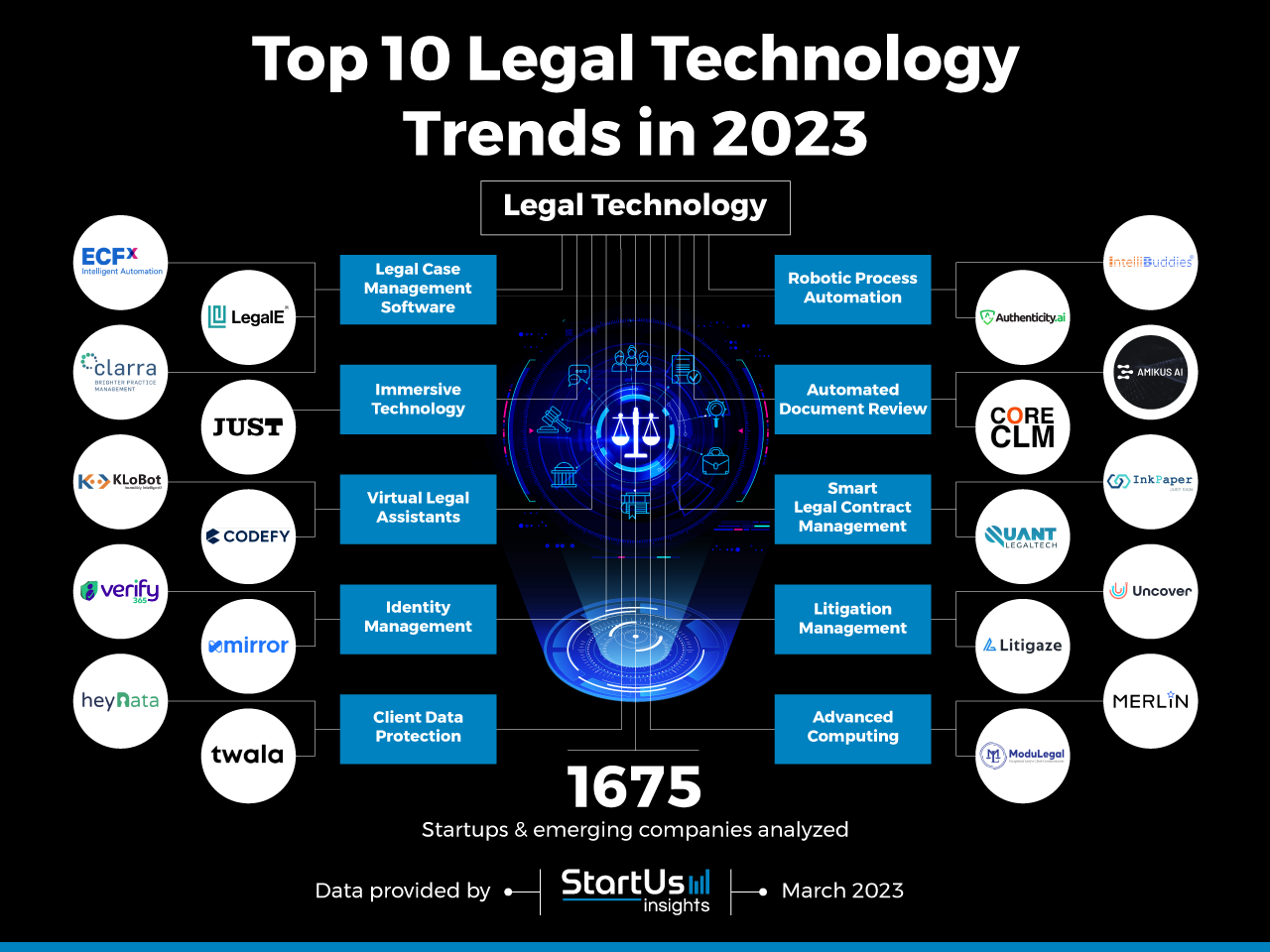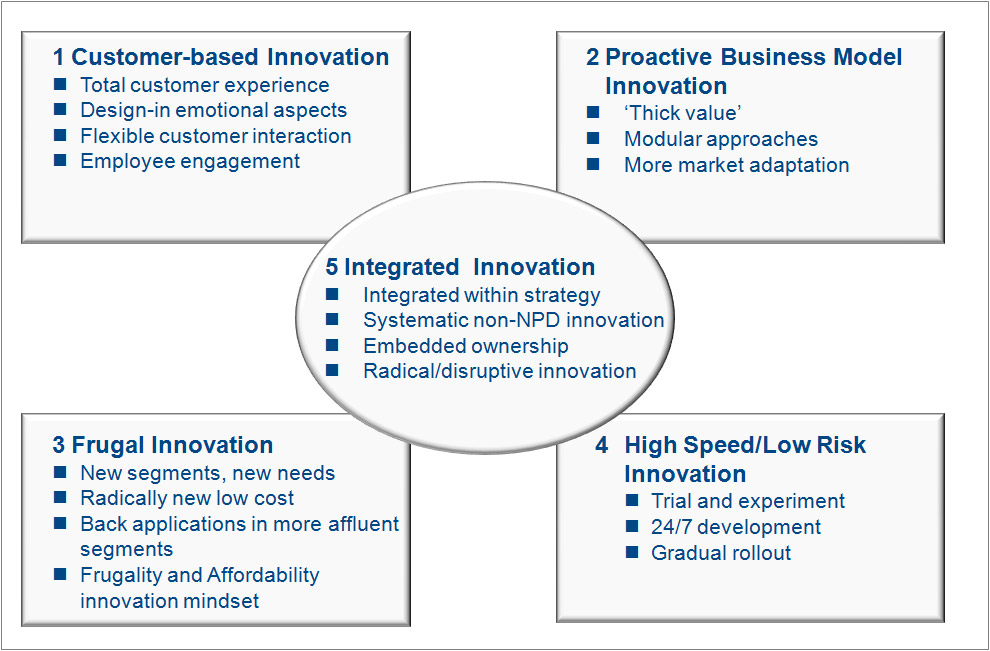Technology for Attorneys: Shaping the Future of Law
Technology for attorneys is no longer a luxury but a necessity, transforming the legal landscape in profound ways. From streamlining research to enhancing client communication, technology empowers attorneys to navigate […]

Technology for attorneys is no longer a luxury but a necessity, transforming the legal landscape in profound ways. From streamlining research to enhancing client communication, technology empowers attorneys to navigate complex legal challenges with greater efficiency and effectiveness.
This comprehensive guide delves into the essential technologies used by attorneys today, exploring their benefits and challenges. We’ll examine the impact of AI on legal research, the crucial role of technology in e-discovery and litigation support, and the evolving landscape of cybersecurity and data privacy. By understanding the transformative power of technology, attorneys can embrace innovation and elevate their practice to new heights.
The Impact of Technology on Legal Practice

The legal profession has undergone a significant transformation in recent years, driven by the rapid advancements in technology. From legal research to client communication, technology has revolutionized the way lawyers practice law, impacting efficiency, productivity, and the overall client experience.
Challenges and Opportunities Presented by Technology
The integration of technology into legal practice has presented both challenges and opportunities for attorneys. While technology has undoubtedly improved efficiency and productivity, it has also introduced new challenges that require adaptation and skill development.
- Cybersecurity: As attorneys increasingly rely on technology to manage sensitive client data, cybersecurity becomes a paramount concern. Data breaches and cyberattacks pose significant risks to law firms and their clients, requiring robust security measures and ongoing vigilance.
- Digital Divide: The adoption of technology in legal practice has created a digital divide, where some attorneys struggle to keep pace with the rapid advancements. This can lead to a lack of access to cutting-edge tools and resources, potentially hindering their ability to compete effectively.
- Artificial Intelligence (AI): The rise of AI in the legal field presents both opportunities and challenges. While AI can automate tasks and improve efficiency, it also raises concerns about job displacement and the potential for biased decision-making.
Examples of Technology Improving Efficiency and Productivity
Technology has played a significant role in enhancing efficiency and productivity in legal practice. Numerous examples illustrate the impact of technology in this domain:
- Legal Research: Online legal databases and research tools have revolutionized legal research, providing attorneys with instant access to vast amounts of information. These tools enable lawyers to conduct comprehensive research efficiently, saving time and resources.
- Document Automation: Software programs designed for document automation streamline the process of creating and managing legal documents. These tools help reduce errors, ensure consistency, and improve efficiency in document preparation.
- E-Discovery: E-discovery software facilitates the collection, review, and analysis of electronically stored information (ESI) in legal proceedings. This technology enables attorneys to manage large volumes of data efficiently, reducing the time and cost associated with discovery.
- Client Communication: Online communication platforms and tools have transformed client communication, allowing attorneys to connect with clients more effectively and efficiently. These platforms facilitate real-time collaboration, document sharing, and secure communication.
Essential Technologies for Attorneys: Technology For Attorneys

In today’s digital age, technology plays a crucial role in legal practice, enhancing efficiency, productivity, and client service. Attorneys rely on a variety of software, databases, and platforms to manage cases, conduct research, and communicate effectively. This section explores some of the essential technologies used by attorneys today.
Case Management Software
Case management software is essential for attorneys to organize and manage their cases efficiently. It allows them to track deadlines, manage documents, communicate with clients, and generate invoices.
- Benefits: Case management software streamlines workflows, reduces errors, and improves communication. It also provides a centralized location for all case-related information, making it easier for attorneys to stay organized and on top of their deadlines.
- Drawbacks: The initial setup and implementation of case management software can be time-consuming and expensive. Additionally, attorneys may need to invest in training for their staff to use the software effectively.
Examples of popular case management software include:
- Clio Manage
- MyCase
- PracticePanther
- Rocket Matter
Legal Research Databases
Legal research databases are essential tools for attorneys to find relevant case law, statutes, and legal articles. They provide access to a vast collection of legal information, allowing attorneys to conduct thorough research and support their arguments.
- Benefits: Legal research databases provide access to a wealth of legal information, saving attorneys time and effort. They also offer advanced search features and tools that make it easier to find specific information.
- Drawbacks: Legal research databases can be expensive, and some require a subscription to access their full functionality. Attorneys may need to learn how to use the database effectively to maximize its benefits.
Examples of popular legal research databases include:
- Westlaw
- LexisNexis
- Bloomberg Law
E-Discovery Platforms
E-discovery platforms are used to collect, process, and review electronic data in legal cases. They help attorneys identify relevant information, manage large volumes of data, and prepare for litigation.
- Benefits: E-discovery platforms streamline the e-discovery process, reducing costs and time. They also improve the accuracy and efficiency of data analysis.
- Drawbacks: E-discovery platforms can be complex and require specialized training to use effectively. They can also be expensive, especially for large-scale cases.
Examples of popular e-discovery platforms include:
- Relativity
- Nuix
- Logikcull
Communication and Collaboration Tools
Effective communication and collaboration are essential for attorneys to work effectively with clients, colleagues, and opposing counsel. Technology plays a crucial role in facilitating these interactions.
- Benefits: Communication and collaboration tools improve communication efficiency, reduce errors, and promote teamwork. They also provide a secure and convenient way to share documents and information.
- Drawbacks: Attorneys need to be mindful of data security and privacy when using communication and collaboration tools. They also need to ensure that all team members are familiar with the tools and can use them effectively.
Examples of popular communication and collaboration tools used by attorneys include:
- Microsoft Teams
- Slack
- Zoom
- Dropbox
- Google Drive
Document Automation Software
Document automation software helps attorneys create and generate legal documents more efficiently. It allows them to automate repetitive tasks, reduce errors, and improve consistency.
- Benefits: Document automation software saves time and effort, reduces errors, and improves consistency. It also allows attorneys to personalize documents based on specific client needs.
- Drawbacks: Document automation software can be expensive, and attorneys may need to invest in training to use it effectively. Additionally, it may not be suitable for all types of legal documents.
Examples of popular document automation software include:
- HotDocs
- LawLogix
- Contract Express
Artificial Intelligence (AI) Tools
AI tools are becoming increasingly popular in the legal profession, offering attorneys new ways to automate tasks, improve efficiency, and enhance client service.
- Benefits: AI tools can automate repetitive tasks, improve research efficiency, and provide insights into complex legal issues. They can also help attorneys personalize client interactions and provide more effective legal advice.
- Drawbacks: AI tools are still under development and may not always provide accurate or reliable results. Attorneys need to be careful about relying solely on AI tools and should always verify information and conclusions.
Examples of AI tools used by attorneys include:
- ROSS Intelligence
- Kira Systems
- Lex Machina
Technology for Legal Research
The legal landscape is constantly evolving, and attorneys need to stay ahead of the curve by leveraging the power of technology for efficient and effective legal research. With the vast amount of legal information available, traditional methods of research are no longer sufficient. Online legal databases and research tools, coupled with the rise of artificial intelligence (AI), have revolutionized the way lawyers conduct research, providing them with faster, more accurate, and insightful results.
Online Legal Databases and Research Tools, Technology for attorneys
Online legal databases are essential for attorneys conducting legal research. These databases offer comprehensive collections of legal materials, including case law, statutes, regulations, legal articles, and more. They provide a centralized platform for accessing and analyzing legal information, saving attorneys significant time and effort. Some popular online legal databases include:
- Westlaw: One of the oldest and most comprehensive legal databases, offering access to a wide range of legal materials, including case law, statutes, regulations, and legal articles.
- LexisNexis: Another prominent legal database providing similar features to Westlaw, with a strong focus on legal research tools and analytics.
- Bloomberg Law: A comprehensive legal database that focuses on business law, corporate law, and financial law.
- Fastcase: A subscription-based legal research platform offering access to a vast collection of legal materials, including case law, statutes, regulations, and legal articles.
These databases offer a range of features that enhance legal research, including:
- Advanced Search Functionality: Powerful search engines allow attorneys to refine their searches using s, Boolean operators, and other advanced search techniques.
- Citation Tracking: Databases track citations to legal materials, making it easier to find related cases and legal documents.
- Legal Analytics: Some databases offer legal analytics tools that provide insights into legal trends, case outcomes, and other data-driven information.
- Document Management: Many databases allow attorneys to organize and manage their research documents, saving them time and effort.
Advantages of AI in Legal Research
AI is rapidly transforming legal research, offering numerous advantages for attorneys. AI-powered legal research tools can:
- Automate Repetitive Tasks: AI can automate tasks like document review, case analysis, and citation verification, freeing up attorneys’ time for more strategic work.
- Improve Accuracy and Efficiency: AI algorithms can analyze vast amounts of data and identify relevant legal materials with greater accuracy and efficiency than humans.
- Provide Predictive Insights: AI can analyze legal trends and case outcomes to provide predictive insights into the likelihood of success in litigation.
- Personalize Research: AI-powered tools can learn an attorney’s research preferences and tailor results to their specific needs.
Examples of AI-powered legal research tools include:
- ROSS Intelligence: A legal AI platform that uses natural language processing (NLP) to answer legal questions and provide insights from legal databases.
- Kira Systems: An AI-powered document analysis platform that can extract key information from contracts and other legal documents.
- Logikcull: An AI-powered e-discovery platform that helps attorneys manage and analyze large volumes of data in litigation.
Tips and Strategies for Effective Legal Research Using Technology
Effective legal research using technology requires a strategic approach. Here are some tips and strategies:
- Define Your Research Question: Before starting your research, clearly define your research question to ensure you are searching for the right information.
- Use Multiple Search Techniques: Experiment with different search techniques, including searches, Boolean operators, and natural language queries.
- Evaluate Sources: Carefully evaluate the reliability and authority of the sources you use, ensuring they are credible and relevant to your research question.
- Stay Organized: Keep your research organized by using folders, tags, and other methods to manage your documents and findings.
- Utilize Research Tools: Take advantage of the features offered by legal databases and research tools, such as advanced search functionality, citation tracking, and legal analytics.
- Be Aware of AI Limitations: Remember that AI is a tool, and it is important to use it responsibly and ethically. Always double-check AI-generated results and use your own judgment to ensure accuracy and completeness.
“Technology can be a powerful tool for attorneys, but it is important to use it wisely and ethically. Attorneys should always strive to maintain the highest standards of professional conduct and ensure that their use of technology does not compromise their clients’ interests.”
Technology for Client Communication and Collaboration
The legal profession has traditionally relied on face-to-face interactions and paper-based communication. However, the advent of technology has revolutionized how attorneys interact with clients, enabling more efficient, accessible, and collaborative legal services.
Email and Video Conferencing
Email and video conferencing have become indispensable tools for attorneys to communicate with clients. Email allows for quick and convenient exchange of documents, updates, and inquiries. Video conferencing platforms, such as Zoom, Microsoft Teams, and Google Meet, facilitate virtual meetings, enabling attorneys to hold consultations, discuss legal strategies, and review documents remotely. These tools have significantly reduced the need for in-person meetings, saving time and resources for both attorneys and clients.
Client Portals and Collaboration Platforms
Client portals and collaboration platforms offer a secure and organized environment for attorneys and clients to share information, documents, and tasks. These platforms provide a central hub for communication, document storage, and task management, streamlining the legal process and enhancing transparency. Attorneys can use these platforms to share legal documents, updates, and deadlines with clients, allowing clients to access relevant information anytime and anywhere.
Examples of Improved Client Engagement and Satisfaction
- Increased Accessibility: Technology enables attorneys to reach clients regardless of their location, providing greater accessibility to legal services. For example, a client residing in a remote area can easily consult with an attorney in a different city through video conferencing. This eliminates geographical barriers and ensures equitable access to legal representation.
- Enhanced Communication: Client portals and collaboration platforms provide a structured and organized channel for communication, ensuring timely updates and reducing the risk of miscommunication. Clients can easily access relevant information and documents, fostering a sense of transparency and trust.
- Improved Efficiency: Technology streamlines the legal process, allowing attorneys to manage tasks, share documents, and communicate with clients more efficiently. This reduces administrative burdens and frees up time for attorneys to focus on providing high-quality legal services.
- Increased Client Satisfaction: By providing greater accessibility, transparency, and efficiency, technology improves client satisfaction with legal services. Clients appreciate the convenience and ease of communication, leading to higher levels of trust and engagement.
Closing Summary

As technology continues to evolve, its influence on the legal profession will only intensify. Attorneys who embrace innovation and leverage the power of technology will be well-positioned to thrive in this dynamic environment. By staying informed about emerging trends and adapting their practice to the digital age, attorneys can ensure they remain at the forefront of the legal profession.
Technology has become an indispensable tool for attorneys, streamlining processes and enhancing efficiency. From legal research platforms to cloud-based document management systems, there are numerous tools available to aid legal professionals. For those seeking a comprehensive understanding of technology in the legal field, the east valley institute of technology mesa offers specialized courses and programs that equip students with the skills and knowledge needed to thrive in the modern legal landscape.









